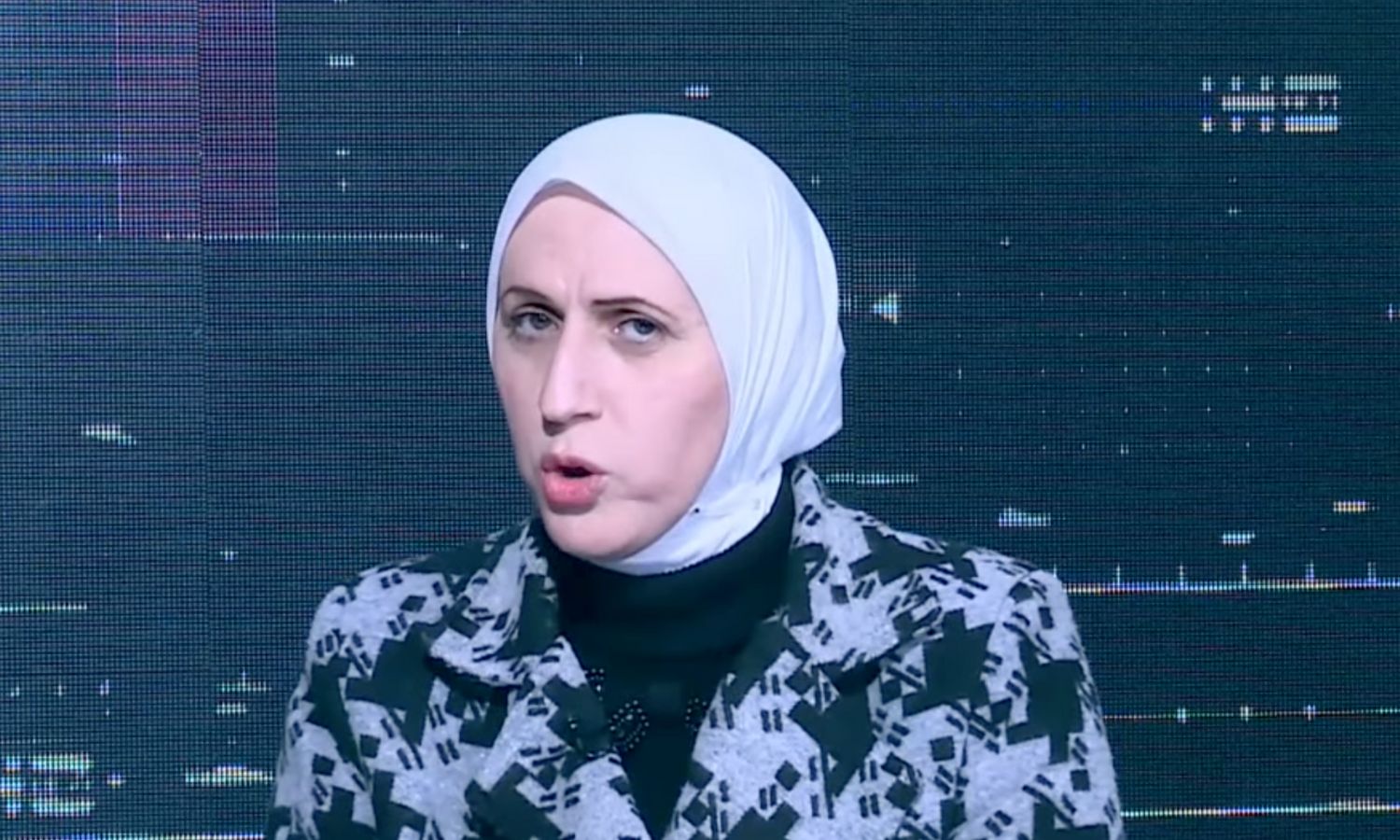



The Damascus caretaker government has appointed Maysaa Sabrine as the president of the Central Bank of Syria (CBS) on a temporary basis, making her the first woman to hold this position in Syria’s history.
The decision, confirmed by the media office of the interim government, was issued yesterday, Monday, December 30, without clarifying the temporary period during which Sabrine will occupy this position.
Sabrine holds a master’s degree in accounting from the University of Damascus, and prior to her appointment, she served as the first deputy to the former governor of the Central Bank of Syria, Mohammed Issam Hazime.
Sabrine has been a member of the Board of Directors of the Damascus Securities Exchange, representing the Central Bank of Syria since December 2018.
She has held several positions at the bank, including supervisory director and member of the bank’s management committee, director of the government commission department, and head of the office control department.
Sabrine takes over the position from Mohammed Issam Hazime, who was appointed in April 2021, after the regime held the previous governor, Hazem Qarful, responsible for the devaluation of the currency in 2020.
Sabrine was a candidate for the bank’s presidency at that time, alongside Hazime.
Before Maysaa Sabrine was tasked with managing the Central Bank of Syria, 13 governors have held the position since its establishment 68 years ago.
Adib Mayaleh recorded the longest tenure, managing the position for 12 years.
Sabrine is the first woman to assume this position since the establishment of the bank in Syria’s history.
The Central Bank of Syria was established in 1956 and is known as an independent financial institution responsible for the country’s monetary policy and managing this policy, in addition to managing the country’s foreign currency reserves and providing banks with their liquidity needs and interest rates.
The central bank performs several functions, including issuing the national currency and maintaining its monetary value, monitoring bank operations, and is considered an independent monetary institution, which the executive authority should not interfere with its operations.
However, in Syria, the situation has changed since the Assad family took power in 1970, as the position has turned into a position led by someone who implements the president’s decisions and aligns with his economic vision.
if you think the article contain wrong information or you have additional details Send Correction